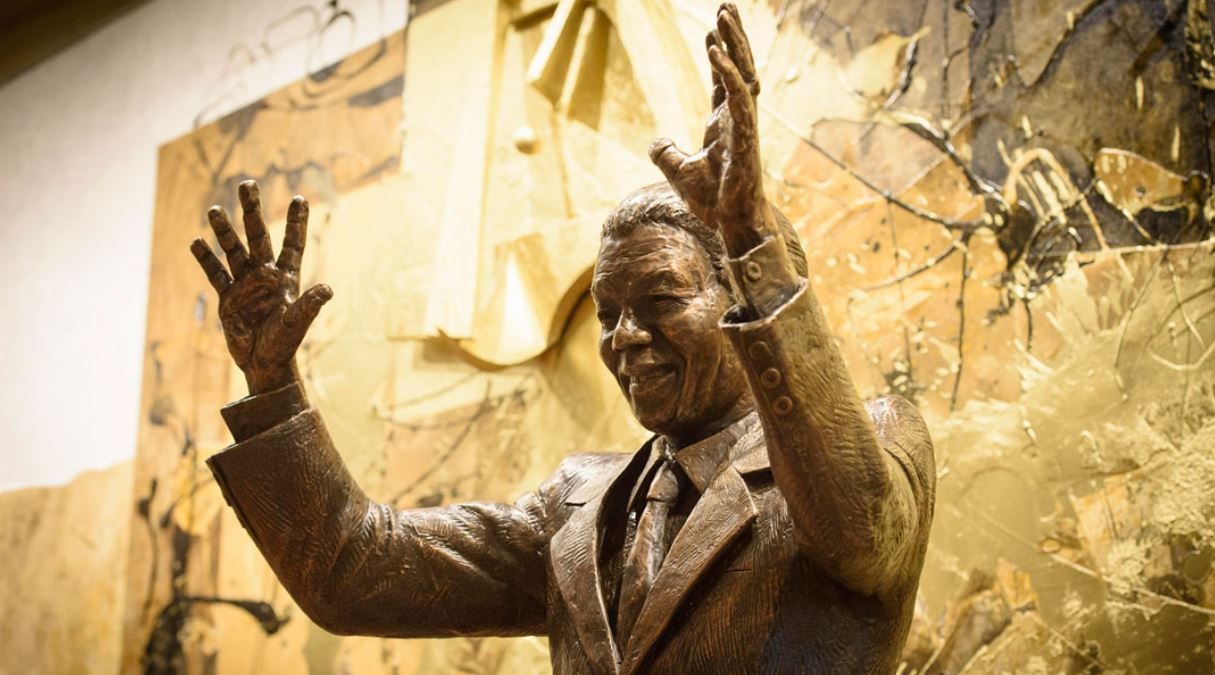
Guinean doctor and Greek activist win 2020 Nelson Mandela Prize

Guinean doctor Morissana Kouyaté and Marianna Vardinoyannis are the winners of the 2020 Nelson Mandela Prize.
The President of the United Nations General Assembly, Tijjani Muhammad-Bande, made the announcement of the winners of the award which recognizes persons who dedicate their lives to the service of humanity.
Kouyaté and Vardinoyannis will be unveiled during a virtual ceremony on 20 July ahead of an in-person award ceremony which will take place at a later date at UN Headquarters in New York.
Kouyaté is a leading figure in efforts to end violence against women in Africa, including Female Genital Mutilation (FGM). He has received several international humanitarian awards for his work.
Vardinoyannis has been involved in the fight against child cancer for some 30 years and, thanks to her work, thousands of children have been cured.
Muhammad-Bande, warmly congratulated Kouyaté and Vardinoyannis, and thanked the selection Committee for its hard work and dedication.
The Mandela Prize was established by a UN General Assembly resolution in June 2014, to recognize the achievements of those who dedicate their lives to the service of humanity, by promoting the purposes and principles of the United Nations, while honouring Nelson Mandela’s life, and legacy of reconciliation, political transition, and social transformation.
The announcement of the winners of the 2020 award comes ahead of the Nelson Mandela International Day, which will be marked on Saturday.
The Nelson Mandela International Day is celebrated annually on 18 July in honour of former South African President Nelson Mandela who is hailed as the country’s anti-apartheid icon who grew to become a global symbol of peace and unity.






